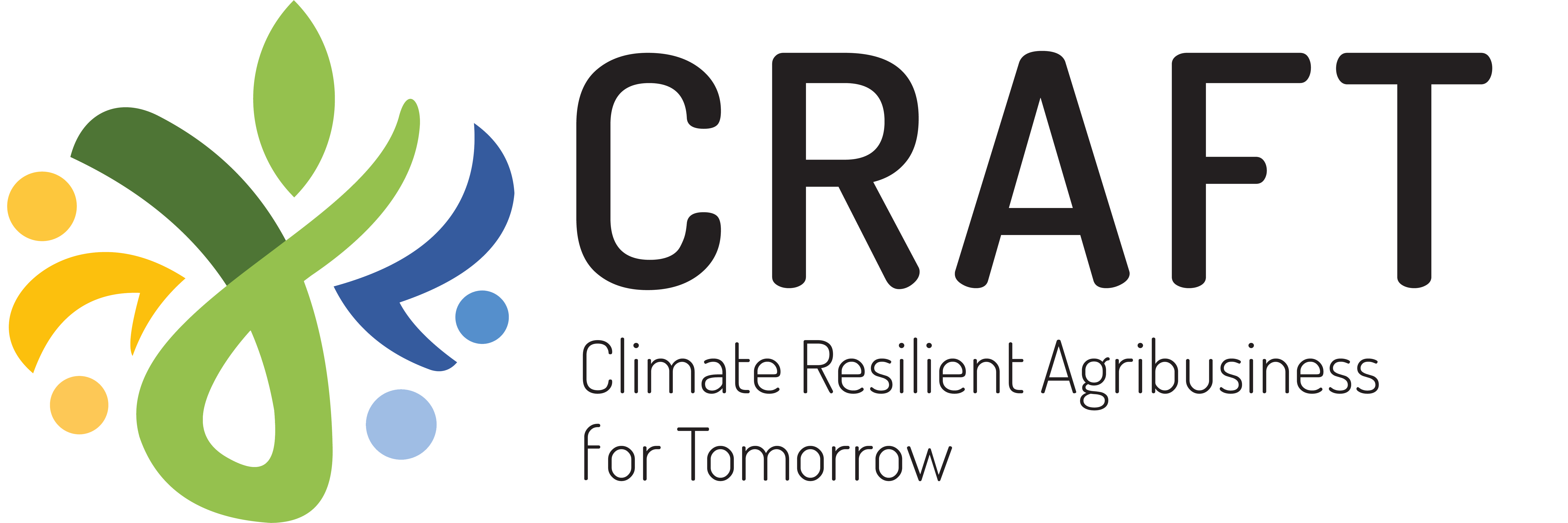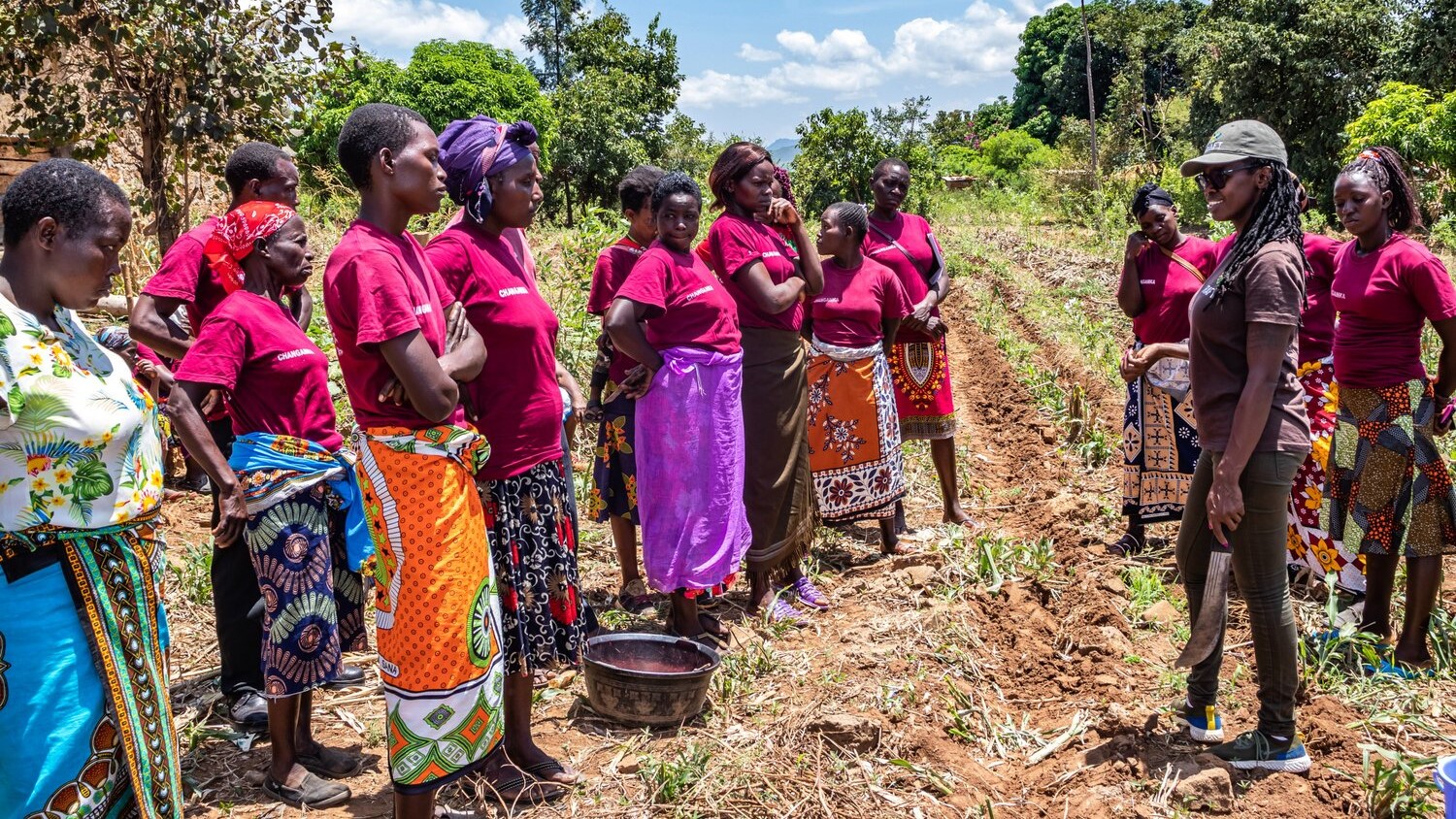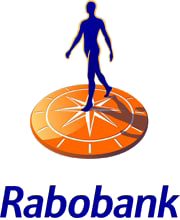How long have you been in the agriculture space?
I began working in agriculture 12 years ago. This began with my specialization in soil and land use management at University. Following my studies, my passion grew as I started farming and offering agronomy advisories to smallholder farmers.
Can you tell us more about your role in the CRAFT project and what inspired you to get involved in this initiative?
Within the project, I am an Agronomist Advisor in the climate change space. My role is to offer advice to the producers, service providers, and actors within the production space on the practices and technologies that are geared towards increased productivity while being resilient to climate shocks and eventually being able to mitigate the effects of greenhouse gasses.
From the beginning of my career, I had an interest in sustainable land use management which propelled me into finding solutions for owners of small pieces of land and how they can maximise production while ensuring crop diversity. Climate change effects have been the biggest predicament in the agriculture sector. Coming from semi-arid areas, I experienced these challenges and this initiative gave me a good opportunity to be able to reach out to and support many who are experiencing the same while working with the different stakeholders in the sector.
It is the fifth year of the project, what has been the most significant success of the project to you?
Over the last four years of the project, I have witnessed a shift in the mindset of farmers from project dependency and expectations of direct benefits to true partnerships. Through sustainable partnerships with input and service providers, farmers have been able to access the resources they need and adopt advice more readily. Despite challenges like COVID-19 and failed rainy seasons, farmers have experienced increased production, particularly in the potato value chain, where access to certified seeds has improved. The relationship between SMEs and farmers has also grown significantly.

Joyce Mbingo, CRAFT agronomist advisor training the Changamka farmer group society on the importance of ripping during land preparation
How do you see the role of women in the CRAFT project and what are some of the strategies used to ensure their active participation and that they benefit from the project?
Despite playing a significant role in the agriculture sector, gender norms and cultural expectations often limit women from participating in crop management and training opportunities. To ensure women benefit from and actively engage in decision-making processes, deliberate action is needed to include them in management positions. CRAFT is providing leadership training and exposure to women which is essential to increasing their involvement in decision-making processes. In addition, the project is involving men in these trainings which will help them better understand women's roles in decision-making. Ultimately, promoting gender equality in agriculture will lead to the adoption of practices and solutions that improve livelihoods as a whole.
How are you collaborating with local governments, organizations, and other stakeholders to ensure gender equity in the value chains and agribusinesses?
Through collaboration with implementing partners like Agriterra, we have managed to train women in leadership, business, and life skills that have equipped them with relevant market-based skills. This has helped improve their capacity to access employment and establish their own enterprises. In addition, through collaboration with Kenya National Federation for Farmers (KENAFF), women have been exposed to their fellows in different spaces in the Agri-food sector. This has provided them with the opportunity to acquire new business ideas and learn how to explore different opportunities within the agriculture value chains.
What are some of the biggest lessons you have taken away from CRAFT?
Climate change is a huge predicament and fighting the negative impacts is not an individual task. It needs collective efforts to make it work. It is also a process and combination of interventions and not a one-off solution. There is need for a farmer-participatory-based research to combine indigenous knowledge and scientific knowledge to ensure farmers' buy-in and uptake of the interventions being promoted.










